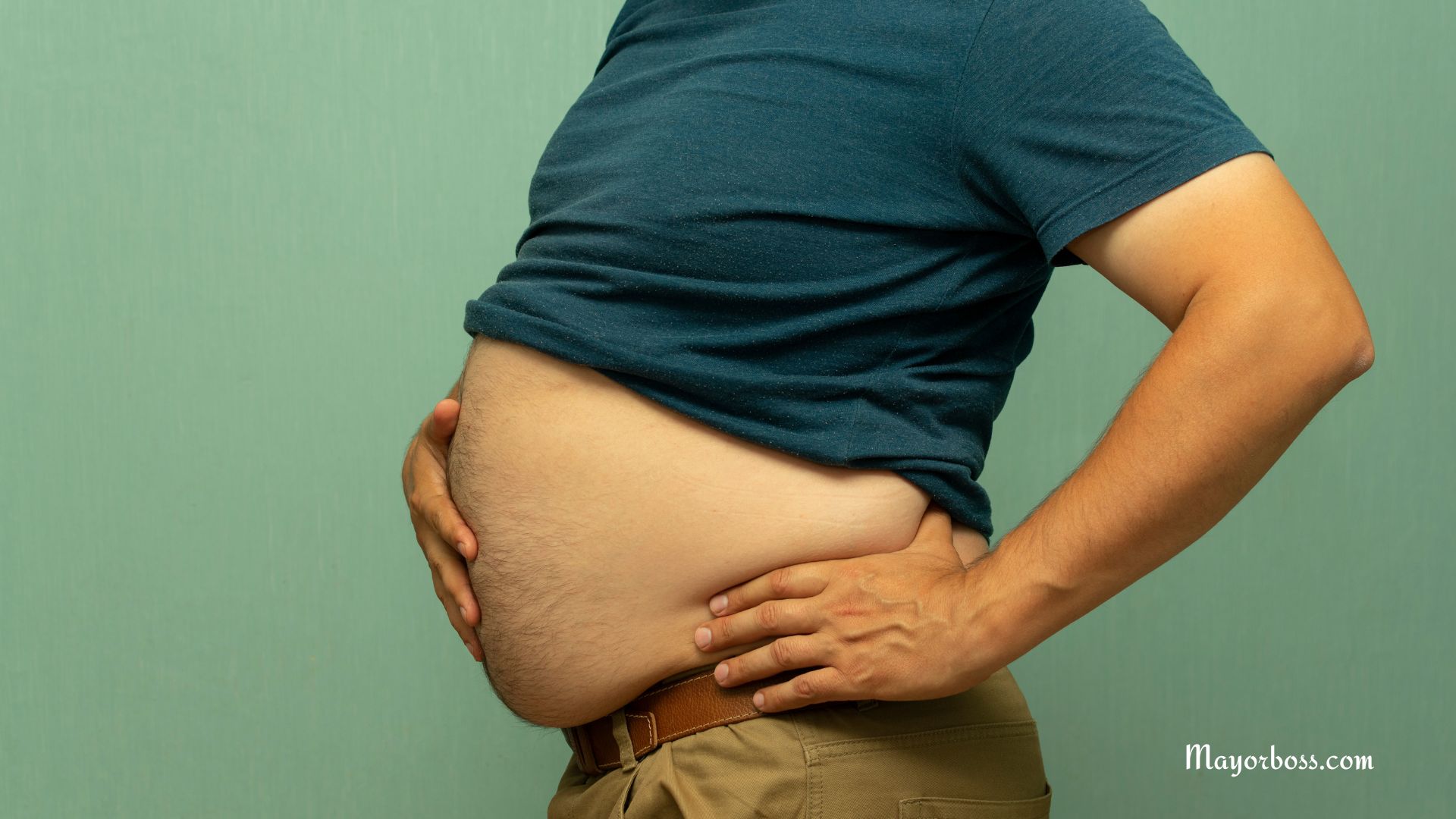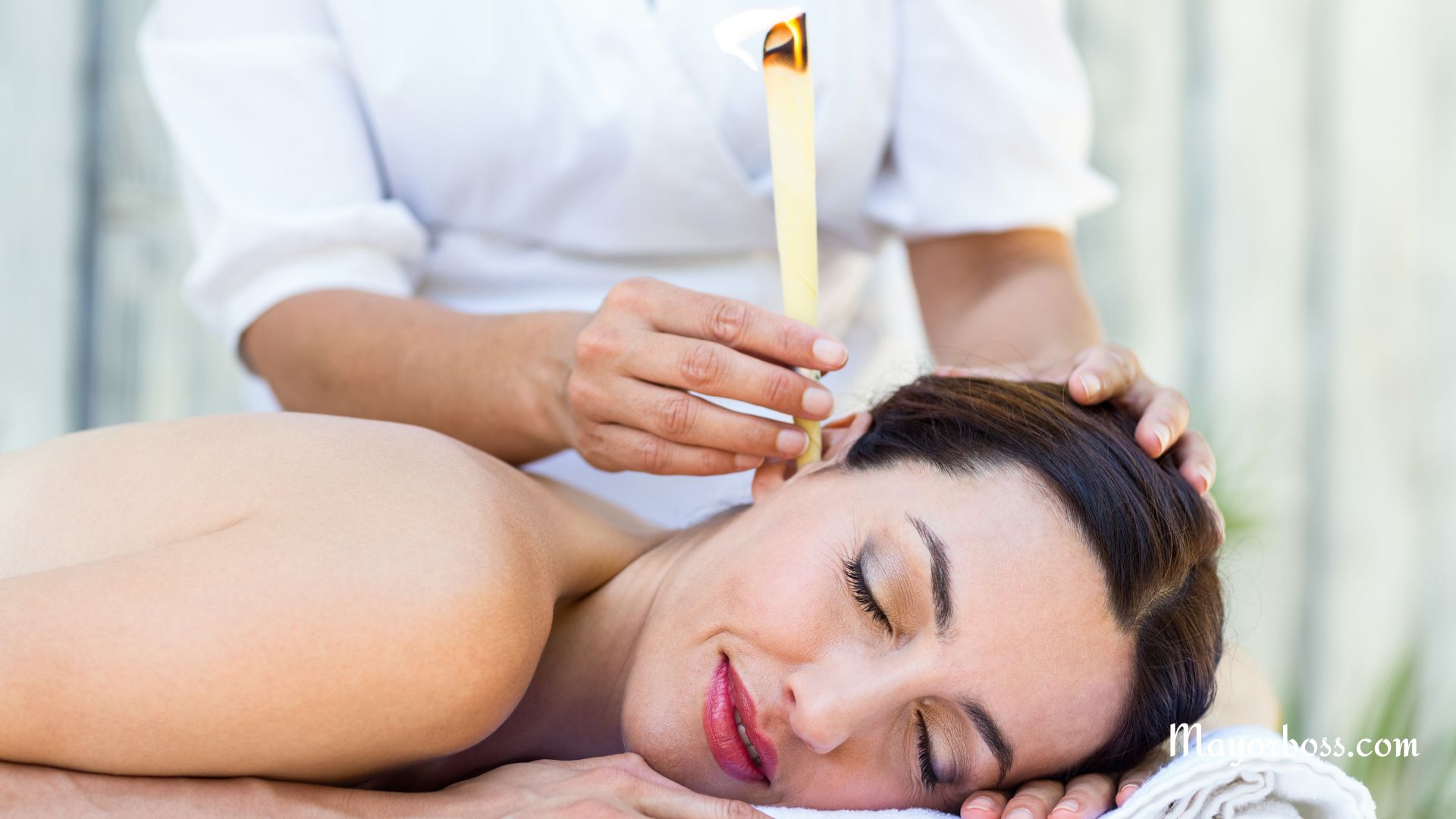6 Signs That Your Liver Is Not Working Properly
Signs and Symptoms of Malfunctioning Liver: The liver is one of the most important organs in your body. Imagine it as the body’s filter system, working every day to clean your blood and remove harmful substances. For example, after you eat or drink, your liver helps break down the nutrients and get rid of toxins. You can imagine what might happen if this filter stops working properly. How can you tell if your liver isn’t doing its job?
There are many things that can hurt your liver, and some of them might be part of your everyday life. Stress, alcohol, smoking, an unhealthy diet, and using too many medications can all put a lot of pressure on your liver and the rest of your body. In the following sections, we will discuss some of the key signs that your liver might be struggling with so you can know when to take action.

Yellowing of the Skin and Eyes
One of the most common signs of liver trouble is jaundice. This makes your skin and eyes turn yellow. It happens because your liver isn’t breaking down bilirubin properly. Bilirubin is a yellow substance that comes from old red blood cells. When your liver can’t filter it out as it should, it builds up in your body, making your skin and the whites of your eyes look yellow. If you notice this, it’s important to see a doctor right away.
Constant Tiredness
Everyone feels tired sometimes, but if you are exhausted all the time, it could be a sign of liver problems. The liver helps produce energy, and when it’s not working right, you feel tired. This kind of tiredness doesn’t get better with rest or sleep. It’s your body’s way of telling you that something is wrong and that you should see your doctor.
Swollen Belly
If your stomach suddenly looks bigger and it’s not because you gained weight, it might be ascites (fluid buildup in the abdomen). And it’s often caused by liver problems. This happens because the blood vessels around your liver are under a lot of pressure, causing fluid to leak into your belly. This swelling can be uncomfortable and even painful, so if you notice it, talk to your doctor.
Easy Bruising or Bleeding
The liver helps make proteins that allow your blood to clot. When it’s not working well, you may bruise easily or have frequent nosebleeds or cuts that take a long time to stop bleeding. This means your liver isn’t making enough of the proteins that help your blood clot, and you should definitely get medical help for this.
Dark Urine and Pale Stools
Changes in the color of your urine or stools could be a sign of liver trouble. If your urine turns dark, like the color of cola, or if your stools become pale or look like clay, it could mean your liver isn’t making or moving bile properly. Bile helps digest fats and remove toxins, so these color changes are a sign that your liver needs help.
Nausea and Loss of Appetite
If your liver isn’t working well, it can lead to digestive problems like nausea, vomiting, or loss of appetite. You might feel sick to your stomach, especially after eating fatty foods. This happens because the liver is important for breaking down nutrients and getting rid of toxins. When it’s not working properly, digestion gets harder. If you have ongoing nausea or don’t feel like eating, it’s a sign you shouldn’t ignore.
The liver is a very important organ, and if it’s not working right, it affects your whole body. If you notice any of these signs—yellow skin or eyes, constant tiredness, a swollen belly, easy bruising, dark urine or pale stools, or digestive problems—talk to your doctor. The sooner liver problems are found, the better the chances of treating them well.
FAQs
1. What are the common causes of liver problems?
Liver problems can be caused by things like drinking too much alcohol, getting viral infections like hepatitis, being overweight, and eating an unhealthy diet. Using certain medications for too long can also hurt your liver. Stress and smoking make things even worse for your liver.
2. How can I support my liver health?
To keep your liver healthy, eat a balanced diet with lots of fruits, vegetables, and whole grains. Limit alcohol, avoid smoking, exercise regularly, and drink enough water. Also, avoid taking medications you don’t need or coming into contact with harmful chemicals, as they can put extra strain on your liver.
3. When should I see a doctor about liver issues?
You should see a doctor if you notice yellow skin or eyes, constant tiredness, a swollen belly, dark urine, pale stools, easy bruising, or if you often feel sick or lose your appetite. Finding liver problems early can make a big difference in how well they can be treated.
References:
- https://www.mayoclinic.org/diseases-conditions/liver-problems/symptoms-causes/syc-20374502
- https://my.clevelandclinic.org/health/diseases/17819-liver-failure
- https://www.nhs.uk/conditions/liver-disease/






